Insomnia stinks. We all want to know how to fall asleep fast and wake up full of energy. Discover the best tips on how to fall asleep fast and get rid of insomnia.
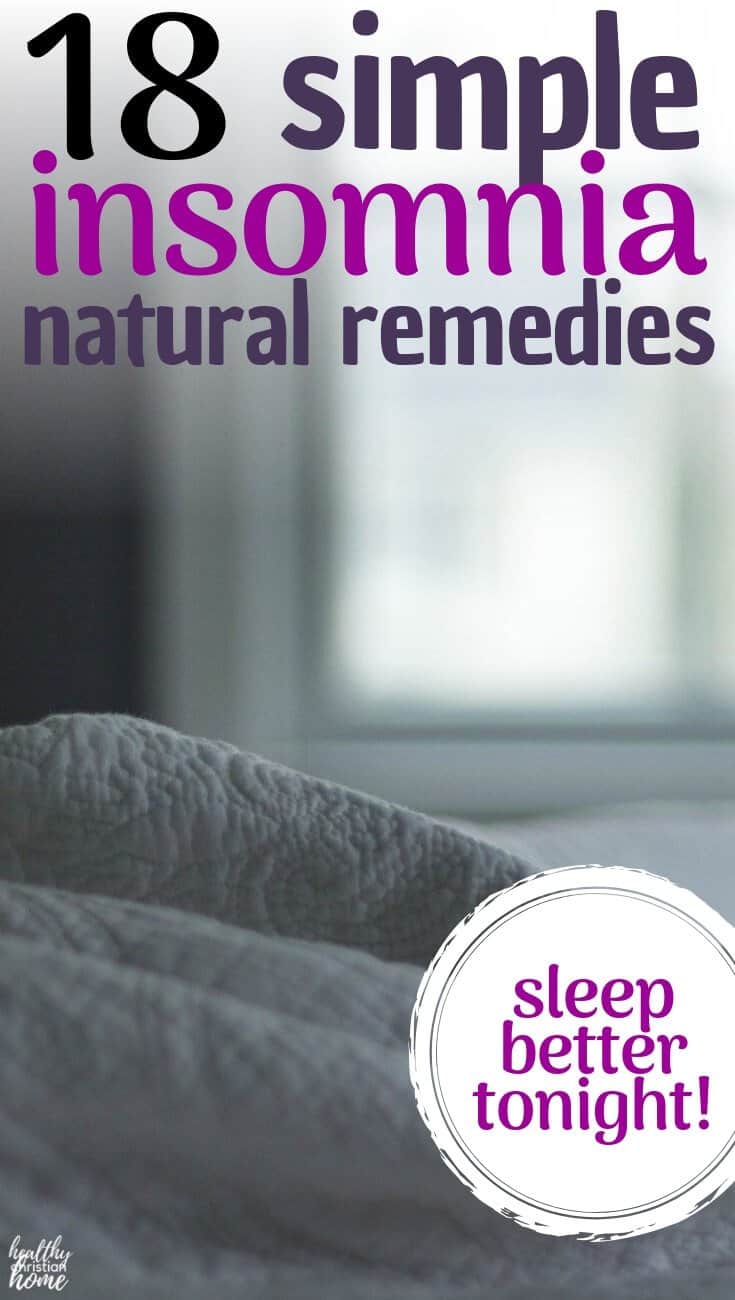
Oh, insomnia. How I hate you.
This is a been-there, done-that type of post. I dealt with insomnia off and on for several years, and I know how frustrating it can be to feel exhausted, yet unable to fall asleep. The absolute RAGE that boils up inside when you count the hours until you need to get up and there’s only two. And finally falling asleep 30 minutes before your alarm starts blaring. So frustrating!
After a lot of research, trial, and error, I was able to find some great remedies for insomnia. In this post, you’ll find out why sleep is so important and the top tips for making sure you get the best night’s sleep of your life.
What Makes Sleep So Important?
We all know sleep is important, but we may not fully realize how important. If we did, we would make getting quality sleep a priority. I am definitely guilty of letting my quantity of sleep be the first “to go” during busy seasons. But the consequences of doing this are so not worth it.
Being awake is considered a catabolic state (which means you break down) and sleep is an anabolic state (meaning your body is literally building itself back up). In this anabolic state, our bodies can reach new heights of health we didn’t know we had, if we take full advantage of it. According to Shawn Stevenson in his book Sleep Smarter:
High-quality sleep fortifies your immune system, balances your hormones, boosts your metabolism, increases your physical energy, and improves the function of your brain. Unless you give your body the right amount of sleep, you will never, I repeat never, have the body and life you want to have….Instead of seeing sleep as an obstacle to work around (something you ‘have to’ do), start seeing it as a special treat for yourself (something you ‘get to ‘do) and love the entire process.
I love the idea of seeing sleep as a privilege instead of just something we have to do to get through another day. Let’s look at some ways we can supercharge our sleep and by doing so, supercharge our lives!
Before reading the tips, grab your Daily Self Care Rituals checklist to jumpstart your wellbeing!
Best Insomnia Remedies + Lifestyle Tips
Below, you’ll find the best advice for getting rid of insomnia for good. Some of these tips are natural remedies and nutrition-related, and others are lifestyle changes you may need to make. I’ve attempted to order them starting with the most crucial, but all these ideas are important. If you implement as many as possible, you’ll be well on your way to better sleep.
-
Check for nutrient deficiencies.
This tip made a bigger difference for me in the sleep department than all the others combined. I wish I had known this information when I first started struggling with insomnia. All the teas, remedies, tricks, and diet tips in the world made little difference because my body did not have the building blocks it needed for basic functioning.
Did you know that every function of your body requires energy to perform, including sleep? It’s true! So if your body doesn’t have everything it needs nutrition-wise, you’re going to have difficulty sleeping.
Once I found out I was iron deficient and corrected my levels, the first thing I noticed was better sleep. No more restless legs. No more tossing and turning. And I started dreaming every night!
Here are some of the top nutrient deficiencies that can cause insomnia:
- Iron – A ferritin (stored iron) blood test should be 50-150, ideally. Get tested before supplementing, as too much iron can be toxic. If you find you need a supplement, this one is amazing.
- B vitamins – Pretty much everyone in our stressful world can benefit from taking a B complex vitamin, which includes thiamine (B1), riboflavin (B2), niacin (B3), and folate (B6) and B12 (source). B vitamins are crucial for energy production, cell renewal, and nervous system support. Make sure you are taking a methylated B vitamin, like this, as they are easier for your body to assimilate.
- Vitamin D – People with optimal levels of vitamin D have been shown to sleep better. Get plenty of sun and if you need a supplement, go for the more natural, bioavailable form of D3 like this, instead of D2.
-
Turn down the thermostat.
People sleep better in cooler environments. According to Shawn Stevenson, “Studies have found that the optimal room temperature for sleep is really quite cool at 60 to 68 ºF. Anything too far above or below this range will likely cause some difficulty sleeping.”
He also stated that insomniacs usually have a much warmer body temperature than normal at bedtime, and cited a study in which test subjects were fitted with cooling caps. In this study, people with chronic sleep issues experienced 75% overall improvement in sleep.
A few tips to help: Try lighter bedding, a special cooling pillow, or wearing socks to keep extremities warm at cooler temperatures.
-
Get on a sleep schedule.
It can be difficult, but try to go to bed and get up at the same time every day (even on weekends). The earlier, the better. It’s hard for this night owl to admit, but the ‘early to bed, early to rise’ rule is legit.
I tend to be a late sleeper, but when my son began school that all had to change. The schedule change of getting up early forced all of us to go to bed earlier, and we all got on a much healthier sleep schedule. This made everyone in our house feel more rested!
For one week, try going to bed around 10 and getting up around 6. Evaluate how you feel. I think you’ll be impressed!
-
No stress before bed rule.
This is one of those trial-and-error discoveries that makes a big difference in how to fall asleep fast. Have you ever noticed that if you get wound up about something (the news, a scary movie, an argument, or just something stressful on your mind) it takes awhile for you to calm down again?
That’s why we have a new policy in our house: no heated discussions, and no intense or scary movies/TV before bed. I also try not to think about stressful issues or problems at night and save them for daytime. First of all, I have more mental energy to problem-solve during the day. Focusing on these issues at night is likely to offer no resolution and will probably only result in tension.
This “no stress before bed” rule ensures that you will be naturally calm and relaxed when it’s time for lights out.
-
Invest in a comfortable mattress and bedding.
All this talk about how to sleep better is pointless if your bed is uncomfortable.
You could be extremely healthy and have a great lifestyle, but if you can feel the springs in your mattress, you’re not going to sleep as soundly as you otherwise could.
Save up for a really nice pillow top or memory foam mattress. It will be worth every penny. If you can’t afford to change your mattress, a thick memory foam mattress topper will often do the trick!
Also, I’m totally obsessed with the My Pillow! I got one last year and never looked back. The first couple of nights it was kind of an adjustment, but now I won’t sleep on anything else. It’s actually tiny pieces of memory foam inside the pillow that lock together and conform to your head shape.
A good quality, 100% cotton sheet set, duvet, or blanket will also be a huge help in the comfort and breathability department. Or, if you really want to go all out, try linen bedding! It’s the best for comfort, breathability, and durability. It costs a bit more than cotton but will last a lot longer, and will definitely make your night’s sleep more comfortable. I use Primary’s french linen bedding and I will never go back!
-
Increase your magnesium intake.
Magnesium is known as the “relaxation mineral,” and levels are low in most people today. Adding magnesium-rich foods into your diet like bananas, leafy greens, beans, oats, nuts, and dark chocolate will help you relax and sleep better.
You can also use magnesium lotion or add a gentle magnesium supplement right before bed (this is my favorite). For more information, I’ve written an in-depth guide to magnesium here.
-
Eat a balanced diet with plenty of complex carbohydrates.
Extreme dieting is pretty much always a bad idea. I’ve written here that I’m not a fan of completely cutting out food groups, and for good reason. Remember those amazing B vitamins and magnesium we just talked about? Yeah, these nutrients are abundant in complex carbohydrates. Which is one reason why the low-carb fad isn’t all that great for your sleep.
Eat plenty of oats, whole grain rice, beans, starchy root veggies, etc. throughout the day. And obviously make sure you’re getting plenty of quality protein, healthy fats, and fruits/veggies too. We need nutrients from all of these things so our body has the building blocks it needs to perform basic functions, including sleep.
-
Stay active and get outside.
Obviously the more active you are during the day, the more tired you are going to be when you hit the hay. Aim to exercise most days (even walking and yoga count!). Bonus points if you exercise outside.
Low vitamin D has been linked to insomnia, so getting plenty of sunshine is crucial and also helps set your circadian rhythms. Sunlight also helps your body produce the sleep hormone melatonin, which we will discuss later. Spend as much time in nature as your schedule allows, and you’ll be setting yourself up for deeper sleep. Here’s a post to help inspire you to get outside more.
-
Don’t sleep too hungry or too full.
Following tip #3 will help ensure you go to bed with the right amount of food in your stomach. If you’re getting to bed at a decent hour, you’ll be less prone to late-night snacking.
That being said, the more ravenous you are, the more evasive sleep becomes. If you’re super hungry or it’s been many hours since dinner, eat a light snack with a little protein and carbohydrate (think almond butter on a banana, a piece of cheese on a whole grain cracker, etc). And definitely steer clear of anything spicy – believe me, I’ve experienced the crazy dreams to prove it! A snack is ok, but don’t eat too much. If you’re too full, your body will be working hard to digest which will worsen insomnia symptoms.
-
Dim the lights.
A couple hours before bed, switch off overhead lighting and use lamps instead. Dimming the lights starts your body’s production of the sleep hormone melatonin which helps you fall and stay asleep. Try to use bulbs with a warm amber hue, since blue lights are known to affect sleep patterns and are too bright. The reddish amber light simulates the firelight our ancestors used at night.
I’m absolutely in love with my himalayan salt lamp for this purpose. I use it at all times of day but I especially love using it at night.
Helpful tip: If you have an iPhone, set up “night shift.” It will switch your phone’s screen light to a reddish hue instead of blue. You can set it to automatically switch on at a certain time every evening. Here’s a tutorial on how to do it. For other devices, download the app called f.lux. It does the same thing, changing all your screen lights from blue to red at a certain time each night.
-
Bathe before bed.
A warm bath will relax all your muscles and release any tension from your busy day. Bonus points: add some epsom salt for magnesium, lavender essential oil, and your favorite book or magazine.
-
Relax on purpose.
Let the last hour or two before bed be happy. Read an interesting book, watch your favorite show, or write in a journal about your day and what you’re thankful for. Here are my top picks for books to help you have fun and relax.
Reserving the final hours of wakefulness for relaxing activities only is key. Remember tip #4 – no stress allowed! Even working hard on a project (even if it’s fun) right before bed tends to get your mind going and it can be hard to turn off!
Another quick tip: For a while, I was having trouble falling asleep because my husband likes to check social media before bed (the iPhone light would bother me). I’ve always disliked the idea of a sleep mask, but I found a very comfortable one that doesn’t bother me at all. This totally solved the problem. Ear plugs might help you, too!
-
Stretch before bed.
As a teenager, I had an obsession with Pilates stretching and developed some pretty good flexibility. It got to the point where I literally could not go to sleep unless I had stretched my legs. Indeed, stretching your muscles before bed helps release pent up tension and improve sleep quality. I need to get back into this habit! Here are some great before-bed stretches to try tonight.
-
Limit afternoon caffeine.
It’s true, drinking caffeine in the evening can hinder your sleep. But did you also know that caffeine can stay in your system for 6 hours or more? This means you should also nix your afternoon caffeine pick-me-up. A good rule of thumb is to stop drinking coffee and other caffeinated beverages after 2 p.m. to ward off insomnia.
-
Drink a calming tea.
As an alternative to coffee, this world is filled with delicious herbal teas just waiting to be enjoyed. Plus, many of them have calming and relaxing benefits for sleep! My go-to evening cuppa is chamomile, which is very relaxing and also a mild sleep aid to fight insomnia. Check out some of my other favorite teas in this post.
-
Try essential oils.
Essential oils can also help the system to relax and prepare for slumber. Try rubbing a couple drops of essential oil mixed with coconut or almond oil on the bottoms of your feet. Or, put 6-8 drops in a diffuser so you can inhale it all night long while you sleep. Some of the best oils for sleep include lavender, cedarwood, and vetiver.
17. Deal with anxiety.
Dealing with stress and anxiety is also an important step to quality sleep. Prayer is vital to a relaxed and peaceful state of mind.
Make talking to the Father the last thing you do before bed. And don’t just talk to Him – actually believe that He will work it out! Also, have a special Bible verse that you meditate on as you close your eyes. This will put your mind in a relaxed state as you fall asleep.
Take an example from children, who are naturally better sleepers than adults are. Think about it – they have an inherent sense of trust. As a child trusts its parents and all is right in their world, they quickly drift into slumber.
For us, we have the most perfect heavenly Parent who will never let us down. Trusting God takes lots of practice, but with time it will get easier and you’ll be able to stop putting all that weight on your own shoulders.
Here’s a Bible verse to meditate on each night: “I will lie down in peace and sleep; for you alone, O Lord, make me dwell in safety” (Psalm 4:8).
When God is your source of safety, your sleep will be sweet.
18. Supplement if necessary.
In my opinion, it’s a good idea to try the other tips in this post before adding sleep supplements.
If you find you need a little extra something, the two best supplements to try are melatonin and valerian. I have personally used melatonin with great results. At the height of my insomnia issues, this supplement is what turned things around and helped me finally sleep again. It is a completely natural substance that works wonders.
Melatonin is a sleep hormone that is naturally made by your body every night. It is responsible for helping you fall asleep and stay asleep. Melatonin is naturally found in cherries and other foods, but I found I needed a bit more to get my sleeping patterns back to normal. But since it is a hormone, it shouldn’t be used on a long-term basis unless you get the green light from your doctor. According to certified doctor of natural medicine Josh Axe,
…(Melatonin) can get you over the hump when you’ve had several sleepless nights and help your body get some much-needed rest. But these should be used for a limited time only — if you find that minimal sleep has become the norm over several weeks or months, consult your doctor.
A note of caution about melatonin: Less is more! I was using this nightly during a bout of insomnia, and the dosage was too high (I was taking about 5 mg). I finally figured out it was the culprit for my excruciating headaches during the day. Lowering the dose to approximately 1 mg is plenty to help aid sleep and avoid headaches.
For a gentler approach, you might like to try eating cherries or drinking cherry tea. Cherries help to naturally boost your body’s production of melatonin.
As far as valerian goes, I’ve never used it personally for insomnia but have heard good things about it. Valerian is a natural substance derived from the root of the valerian plant. It’s one of the world’s oldest sleep substances used as early as Greek and Roman times. It can also be used for anxiety. Valerian may help to stimulate the brain’s GABA receptor, which is the gateway for sleep chemicals (source).
Let me know in the comments if you take any other natural sleep supplements that work well for you.
For further reading: I highly recommend the book Sleep Smarter: 21 Essential Strategies to Sleep Your Way to a Better Body, Better Health, and Bigger Success by Shawn Stevenson
If you enjoy home remedies like this, here’s my favorite resource for them: The Everyday Roots Book. It’s over 400 pages of remedies for most minor ailments, plus DIY home & beauty products. I’ve never seen a resource this comprehensive for DIY recipes and remedies, and believe me, I’ve looked. The author, Claire, runs a really successful remedies website and is considered one of the top experts. I love having this book on hand whenever I need a quick remedy, and I can’t wait to try some of the salves and lotion recipes. Check out the Everyday Roots book here!
You may also like:
Do you have any insomnia or sleep tips to add to this list?
With Joy,
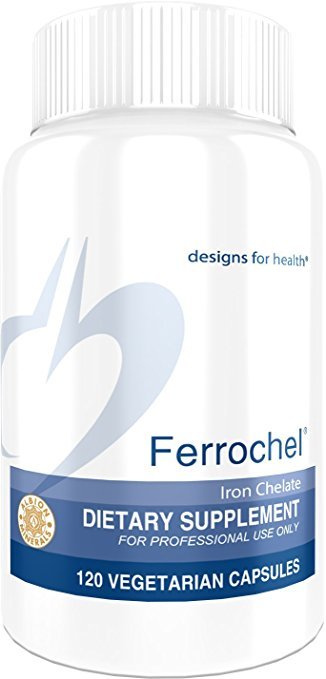
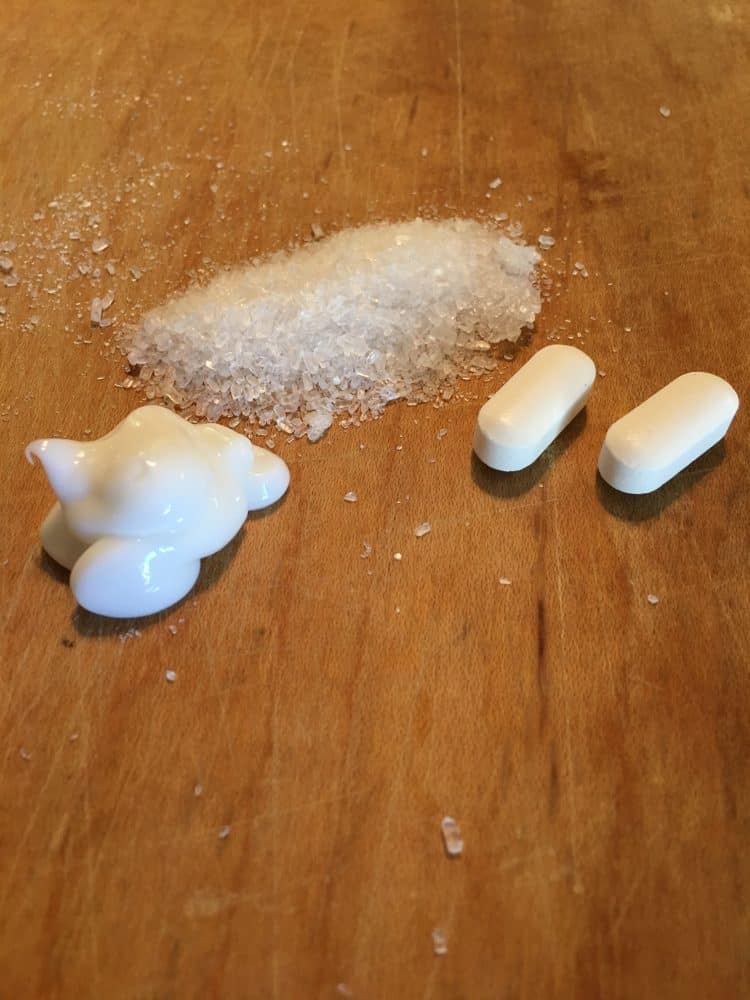
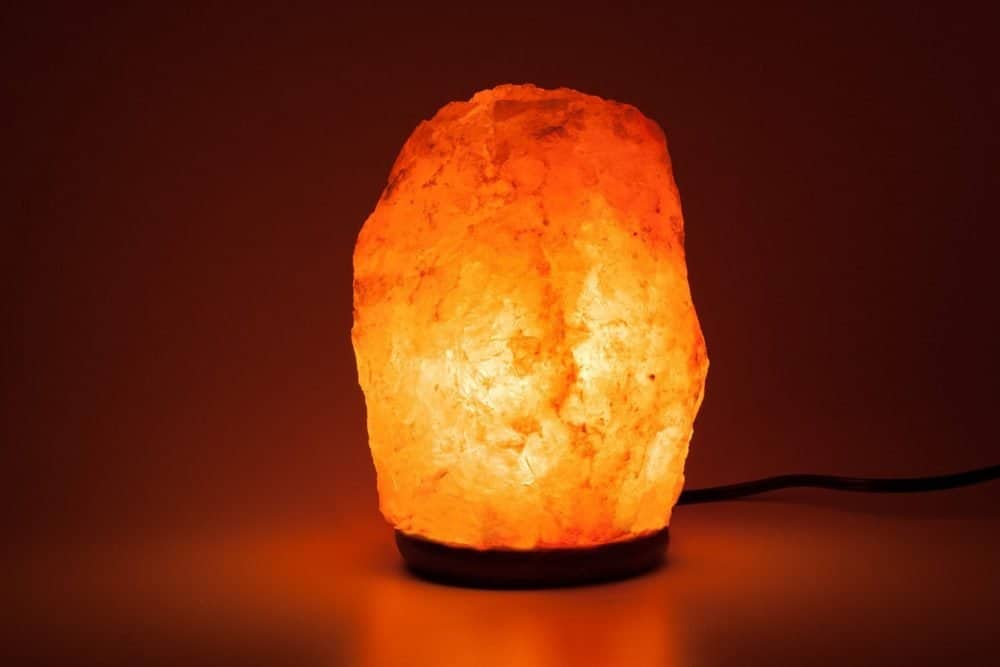
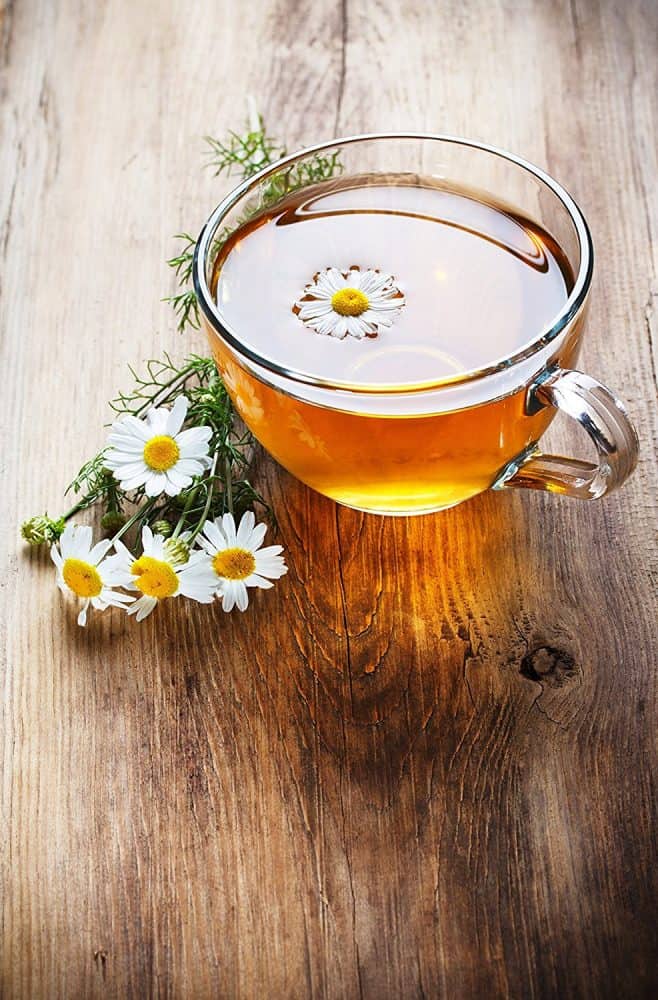
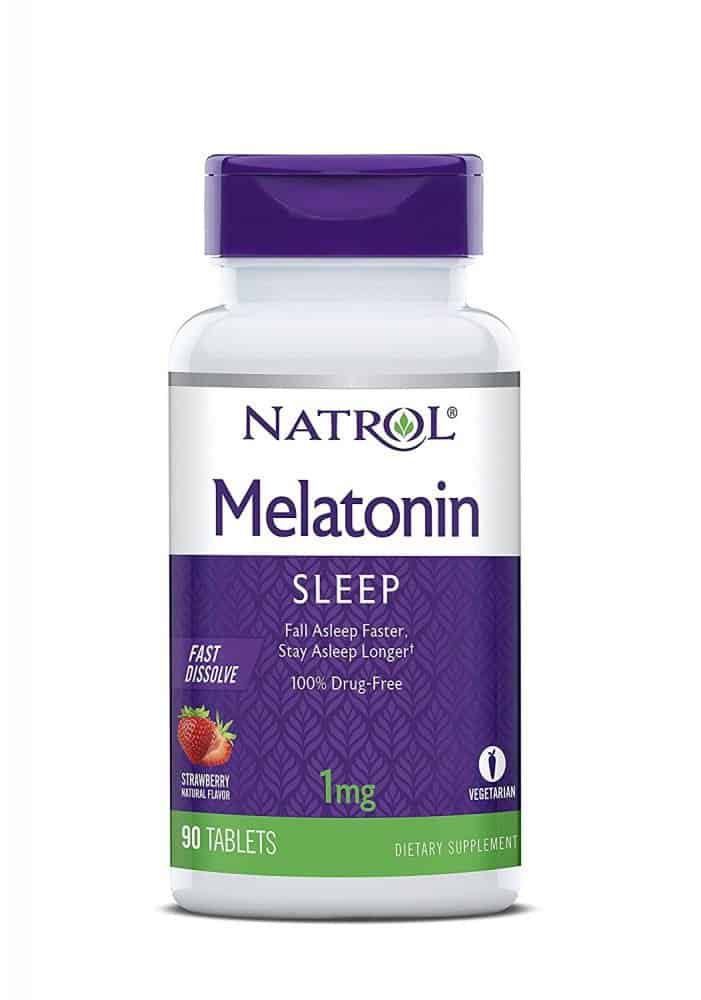

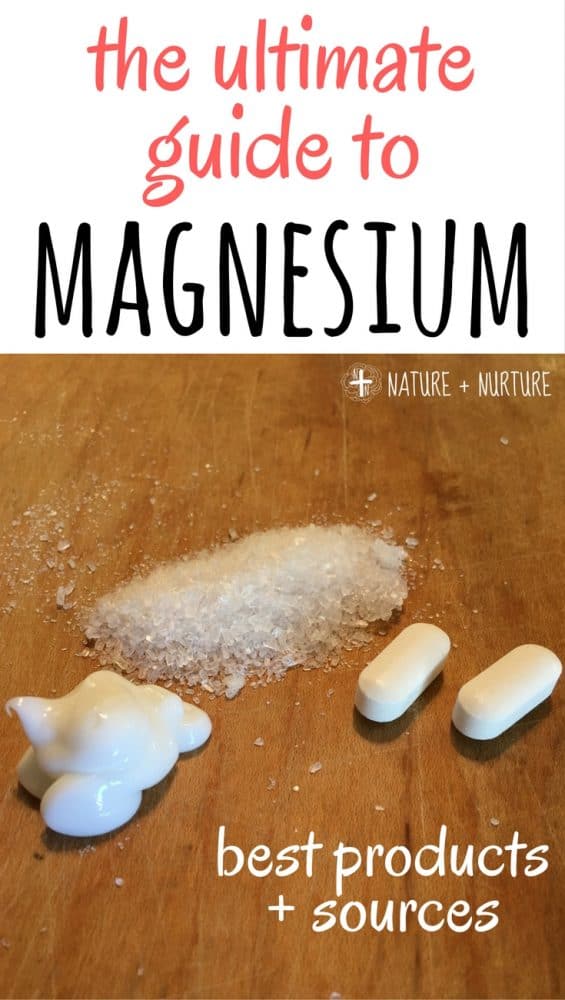



Nutrient deficiencies play a huge role! And magnesium on the bottom of the feet works wonders when I have trouble sleeping!
They absolutely do! I use magnesium every night (supplement and lotion) and it really seems to help. (I apologize for the delayed response. A glitch on my blog was preventing me from viewing comments.)
Wow! I have been suffering from insomnia for so many years. I can handle a lot of things- but lack of sleep for days on end is not one of them. I just ordered one of those Cloudy Diffusers with Melatonin – I was wondering if you had any knowledge or experience with this product. Any advice is greatly appreciated!!
https://trycloudy.com/pages/_go_?ref=6192:113554&discount=Nancyp10
No, I don’t have any experience with that product. My best advice is to ensure you don’t have any nutritional deficiencies or health issues that might be the root cause of the insomnia.
People suffering from insomnia are in great misery, and it should get cured as soon as possible, your blog can help people to get educated about this issue and people can get cured and can find a proper medication.
hi,Ive been listening to ambient music,or new age and meditation podcasts.this in combination with melatonin,lavender on my pillow,tea,or I read for 30mins. If I have a hectic day,it hinders my sleep cycle.thanks for all the tips.